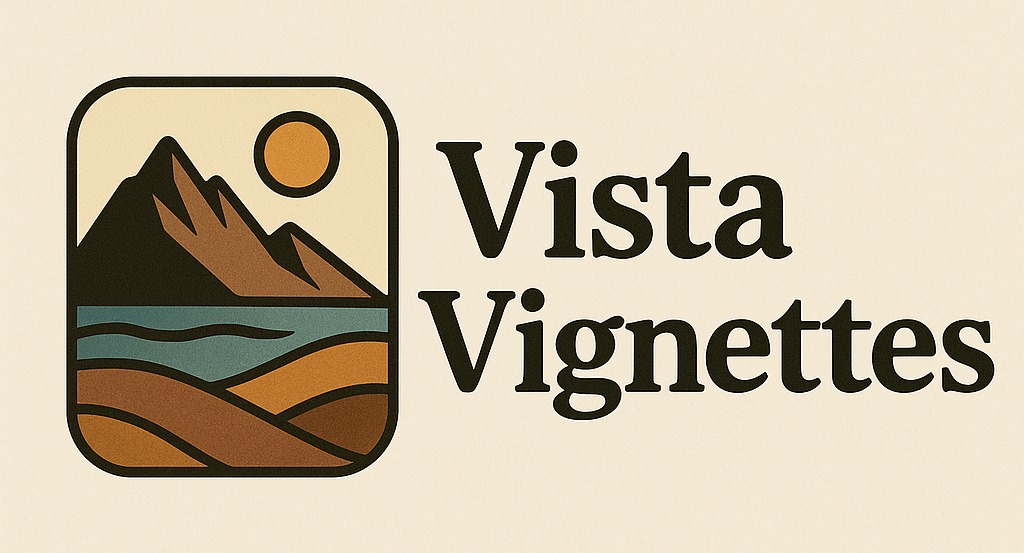Your up to date wine skilled could be somewhat tough to pick out from a line-up… of, say, DJs, ceramicists, surfers, maybe even native cocaine sellers.
Whereas sommeliers of yore have usually tended in direction of a specific aesthetic (vested, male, well-postured), our current aficionados obey no such legal guidelines.
Closely tatted, dressed for leisure, and free-wheeling of their wine vocabularies, these of us might very nicely have the ability to blind style any heavily-credentialed, elitist somm underneath the desk. However technically talking, they’re with out the pay-to-play certifications that have a tendency to provide different wine stewards a sure holier-than-thou sensibility.
Naturally, ‘somm’ has turn out to be a handy catch-all phrase for the parents pouring bottles and curating wine lists at bars and eating places. And semantically talking, sommelier is a job title, not a level. That mentioned, for years, it was oft-understood that sure credentials have been a compulsory prerequisite to sommelier work… whereas now, as extra disciples of the wine world earn their credibility through the, ahem, college of life, it appears as if the time period – for higher or for worse – has misplaced its credence.
And is {that a} dangerous factor?
The truth is, we’re seeing fewer and fewer eating places boast a ‘sommelier’ place to start with.
A proficient, astute, well-trained wine skilled? Completely. However sommelier? Maybe a bit snooty of a time period for the wry, T-shirt sporting autodidacts skilfully slinging wine at so many venues.
‘In fact, [wine is] an elitist and hierarchical subject by design. Turning into a grasp at wine is an elite sport and you must be extraordinarily rigorous, devoted and aggressive,’ says Basile Al Mileik, who helms wine programmes to nice success (sans diplomas) at beloved Manhattan institutions, St. Jardim and Fedora. ‘In any case, it’s a contest, proper? Social standing, historic origin, privilege, race, gender… Plus, it’s ranked and it’s Euro-centric, male and white dominated, no?’
That is excellent news! Maybe we’re by way of with attributing vaguely pronounceable, exclusionary French phrases to positions or practices which can be inherently designed to democratise wine or make it extra accessible.
Give it some thought: As a common layperson trying to order one thing scrumptious, would you somewhat clear your throat and say, ‘Could I seek the advice of your sommelier?’ Or ‘I’d love some recommendation from the Wine Man.’
‘I’m unsure most of the people actually cares about academic credentials anymore. They only use sommelier to seek advice from the individual offering good wine service,’ provides Al Mileik. ‘In fact, I completely perceive and respect that wonderful eating locations desire to rent individuals with formal coaching – who’ve a pin and might enumerate all sub-regions of Victoria or the Proper Financial institution. That stuff is all essential, and I is perhaps a hater, however my query is: did this individual acquire the title as a result of they have been passionate or as a result of that they had entry and privilege? And can all that particular information truly assist them join with friends about what they need to drink?’
Personally talking, I have to admit… I like college. Humiliatingly so.
Classroom studying maintains a definite draw for me – however pragmatically talking, at the same time as a wine author by commerce, WSET isn’t the place one goes to seek out tales. Angles and pitches are generated from shifting by way of the world in three dimensions. From speaking to servers, attending portfolio tastings, visiting wine gala’s, taking notes whereas tasting new issues – and outdated issues. From engaged on wine harvests abroad.
Actually, to that finish, I’ve realized extra from working in vines and cellars, usually in a language that’s not my very own, about find out how to style, find out how to look after fruit, how high quality wine is definitely crafted, than I’ve from any textbook (and I do, certainly, learn textbooks!). The identical is true for people on restaurant flooring, who calibrate in real-time.
By no means thoughts the already looming spectre of my undergrad scholar loans… wine training is a pure byproduct of dedication to the undertaking of studying, regardless of the place you select to take action… and at what value. And admittedly, I’d take recommendation from nearly anybody with palpable sufficient enthusiasm, regardless of the place I encountered them (the subway, for instance).
Furthermore, it’s additionally price noting that there are many of us on the market who earn their credentials purely for the love of sport, sitting by way of wine programs with no intention to place their levels to make use of in hospitality.
There’s a sincerity there: The impulse is only academic. Not as a result of one mode of studying outranks one other, however as a result of the condensed and tidy rendition of classroom studying is extraordinarily precious for individuals who do certainly have each the means and the curiosity.
‘Wine has so many boundaries to entry, so in the event you don’t work in hospitality, your expertise is probably going going to be fairly restricted to what your family and friends drink and what’s served by the glass on the bars and eating places you go to,’ says author and editor Christie Rotondo. ‘After I began taking my WSET programs throughout Covid, I didn’t actually have a plan for what I’d do with the credentials, however I felt prefer it was a helpful talent, and I used to be having a very good time studying about wine, practising blind tasting, and finding out with my class, regardless that it was lots of work.’
That mentioned, even from a correctly educated standpoint, Rotondo remains to be adamant that there’s ample expertise and knowledge to be present in rooms the place your ‘wine steward’s’ information has been honed by different means.
‘I’ve by no means as soon as requested a server or sommelier about their wine certifications and would by no means even assume to,’ provides Rotondo. ‘I believe they’ve loads of that “college of life” expertise working in hospitality and coaching with their institution’s wine record.’
For Ivy Sutton, who helms Omaha, Nebraska wine bar iDLE Wine & Items, the identical is true on the venue aspect of issues. ‘I’m extra prone to rent somebody who’s self-taught, bold and genuinely considering wine than somebody who’s within the bravado of being on a specific degree or having the best rank,’ she explains. ‘To be brutally trustworthy. Certifications and diplomas imply nothing to me.’
As she sees it, studying from zines, wine journalists, store clerks, podcasts, and different wine professionals – that’s the great things. Not solely does it broaden your common conception of find out how to drink, find out how to style, and what to concentrate to – however it additionally exposes you to mentors, allies within the wine world, and a practical neighborhood that’s so important to success within the trade. ‘I don’t ever really feel much less well-equipped [due to a lack of professional training],’ Sutton continues. ‘Until I skipped my nervousness meds.’
That’s to not say that servers and patrons from each faculties can’t thrive or fail in a hospitality setting. However somewhat, that sommelier is seemingly not some sacred reference to connoisseurship or high quality. Experience is experience, and the titles are semantic hang-ups. ‘Like most individuals, I undergo from impostor syndrome and assume, oh wow, ought to I even have a sommelier title to justify my wine job?’ says Al Mileik. ‘But when a inexperienced server asks me a query, I’m blissful to say, I don’t know, however let’s discover out.’
The purpose is, information isn’t static. It metamorphoses with expertise and publicity. It requires humility and honest curiosity. It may be present in school rooms, cellars, magazines and native bars.
And experience in wine needn’t be decided merely by the exact templates set forth by the WSET overlords. Name your Wine Man a somm, a steward, a server, a wine jockey. In the event you like what you’re ingesting, they’ve performed their job. The rest is in addition to the purpose.


